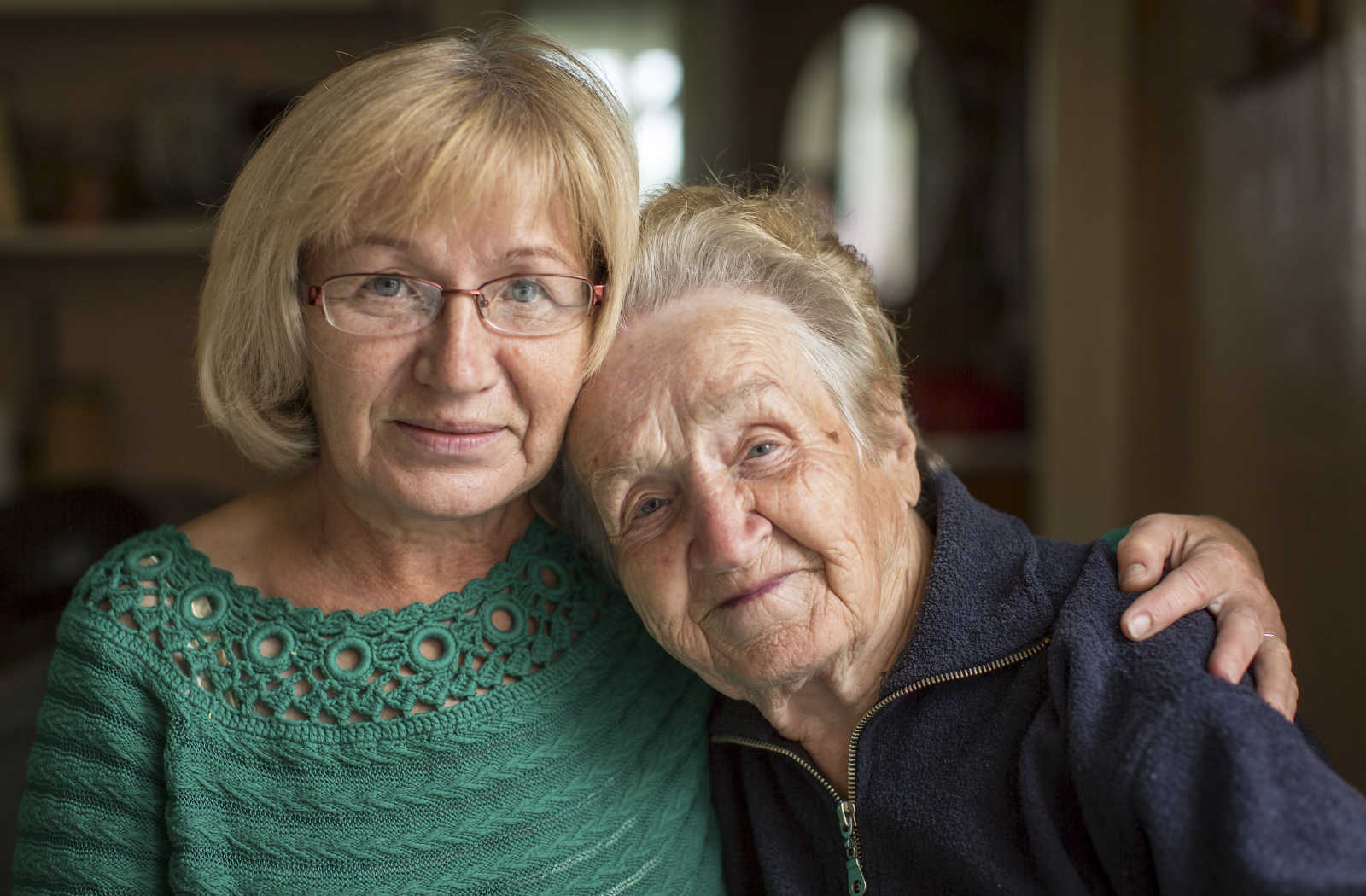It can be difficult to watch your parents get older. None of us want to imagine a world without them in it. But sooner or later, it becomes time to discuss what comes next, like if they’re ready for senior living. But what if your parents aren’t willing to consider accepting medical care?
When a parent refuses needed care, it’s important to remember that it’s their life, and ultimately they can choose what they think is best for themselves. Even though you want what’s best for them, this is a decision that they must make. And it isn’t just an ethics issue—the law says that if they aren’t harming the people around them, any person of sound mind can reject medical care at any point.
Remember that your parents are people too and that it’s important they live their life the way they want. Try to understand their reasoning and help them understand your own—an open dialogue is always best, and you might be surprised by what they have to say.
You also speak with our staff to learn more. We can answer your questions about medical care and assisted living for seniors in Raynham.
Why Would My Parents Refuse Medical Care?
There are many reasons your parents might refuse medical care, but the first one is the biggest: a fear of losing their independence.
Needing Help
Your parents have spent most of their lives being self-sufficient and independent. As they age and start to need help with more and more aspects of their day-to-day life, it’s perfectly natural to be frustrated and start doubting yourself. Many people have a difficult time accepting that they need help doing things that they’ve been able to do for most of their life.
Assisted Care Facilities
The staff at assisted care facilities do as much as they can to make sure that residents are well taken care of. They can help residents change clothes, cook, and even bathe.
These are all things that people get used to doing for themselves. When you aren’t even trusted to bathe yourself, it can be frustrating to feel like you’re not self-sufficient.
Elderspeak
As a person ages, it becomes more common to be infantilized by the people around them, especially due to the phenomenon known as elderspeak—the rise of speaking to older adults like children. Some people may start using a higher-pitched voice to talk, sing-song questions, or talk to them like an easily-confused child. It’s normally due to a misconception that the person they’re speaking to is frail, weak, or confused.
There’s a common belief that seniors are slower, more confused, or childish in the way they think. It’s difficult to feel heard and valued when everybody around you is treating you like a four-year-old who can’t make their own decisions, and it’s perfectly natural to want to avoid that environment if at all possible.

What Can I Do for a Parent Refusing Medical Care?
It can be extremely frustrating trying to help your parents and being rejected whenever you pitch a suggestion. But at the end of the day, there’s one important thing to remember.
It isn’t your life—it’s theirs.
If a person isn’t harming the people around them, they have a right under the law to refuse medical care if they are of sound mind. This means that your parents are absolutely allowed to do whatever they would like to do as they get older when it comes to their health and that whatever they say they would like to do, the law backs them.
However, this doesn’t mean you can’t ask them to listen to any concerns you have!
Ask questions about their reasoning, and really listen to the answers. Are they afraid of seeming old, so moving to a retirement home seems terrifying? Are they so used to living one way they refuse to consider another? How do they want to live their senior years?
Consider asking some of these questions:
- What do you want to do as you get older?
- Is there anything that you’re afraid of that I might be able to help with?
- Are there any health issues you’re having that might be scaring you?
- Are you happy?
- Are you dealing with any problems that I can help you with?
Remember that it’s important to phrase these questions so that you keep the focus on what they want. It can be easy to make a conversation about yourself by accident. Listen to what they say and focus on the answers. By genuinely listening to what they want for their life, you’ll make their opinion seem significantly more important—because it is!
Remember to tell them that you only want what’s best for them, but ultimately, whether they want to listen or not is up to them.
Are There Options Other than Assisted Living Facilities?
If your parents don’t want to move to an assisted living facility but still need help with little things in their day-to-day life, consider looking around the area for a medical assistant or visiting nurse. There are tons of programs available to help with cleaning, cooking, and other services that can help their house still feel like their home. This may, in time, allow them to come around to the idea of an assisted living care facility.
Of course, if they’re willing to consider moving to a facility designed to help them live their best life possible in their senior years, All American Assisted Living’s team of caring professionals in Raynham is here to help make the transition smooth as possible. You can also read about what you can do to support a loved one going through this process in our article about how to support a loved one as they make the move to assisted living!Contact us today if you have any questions about the transition to assisted living.



